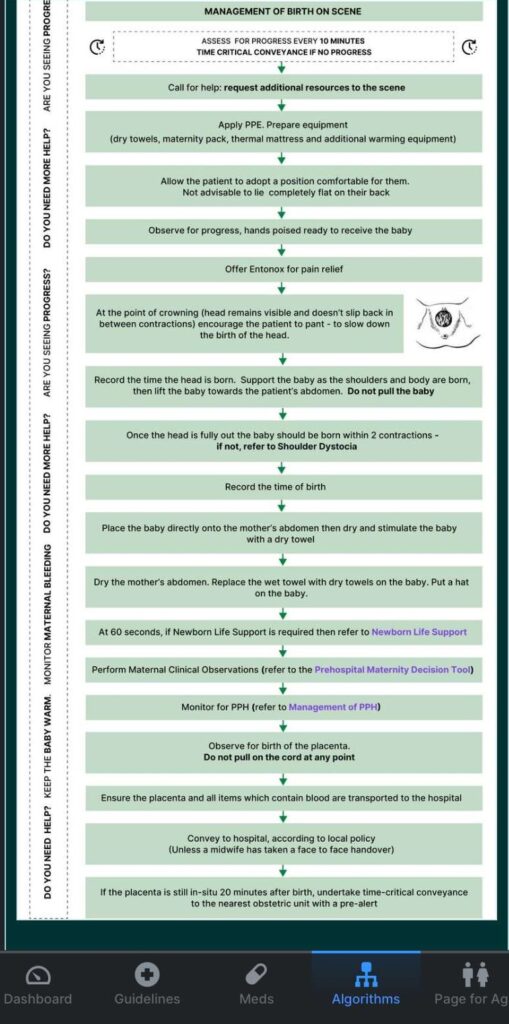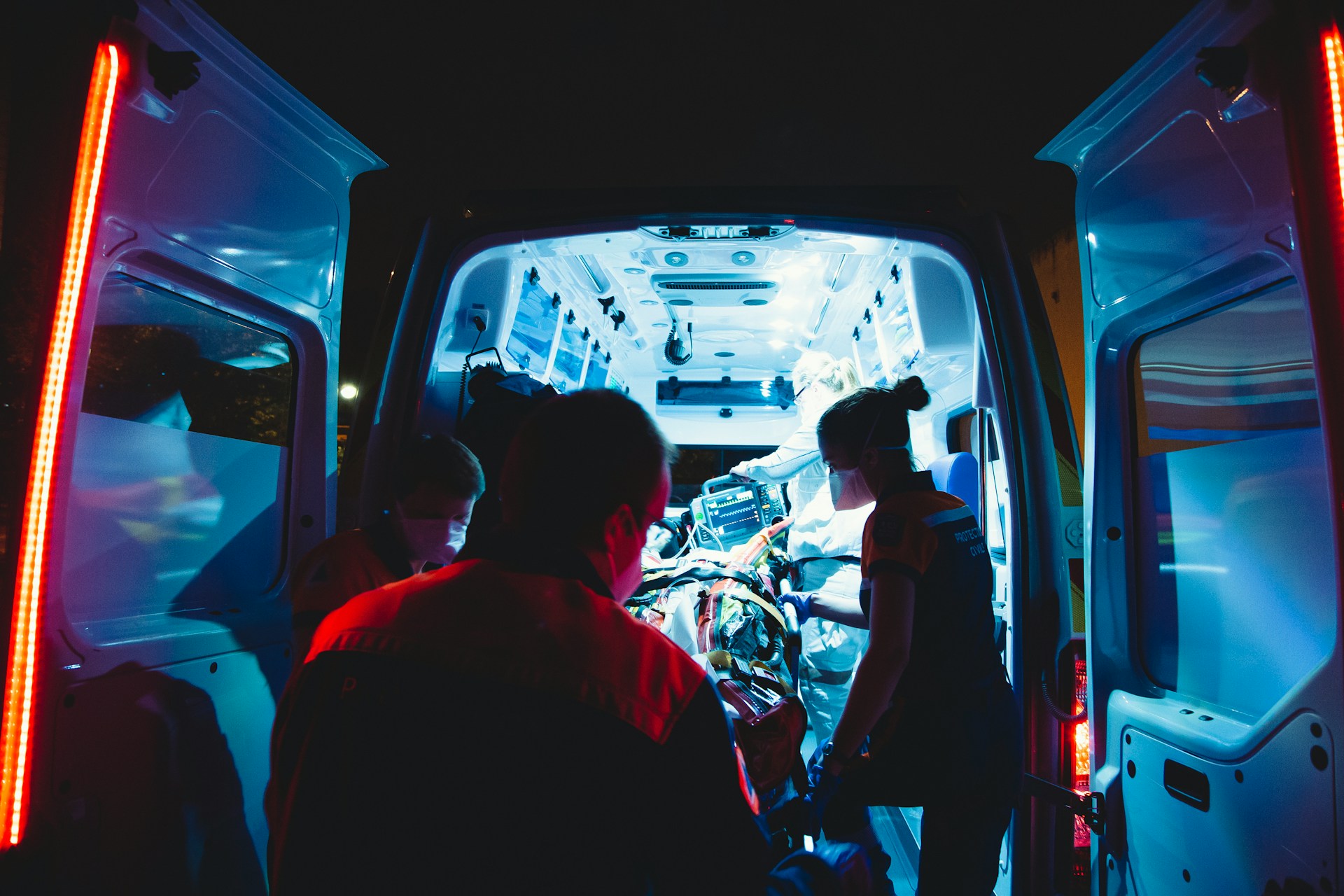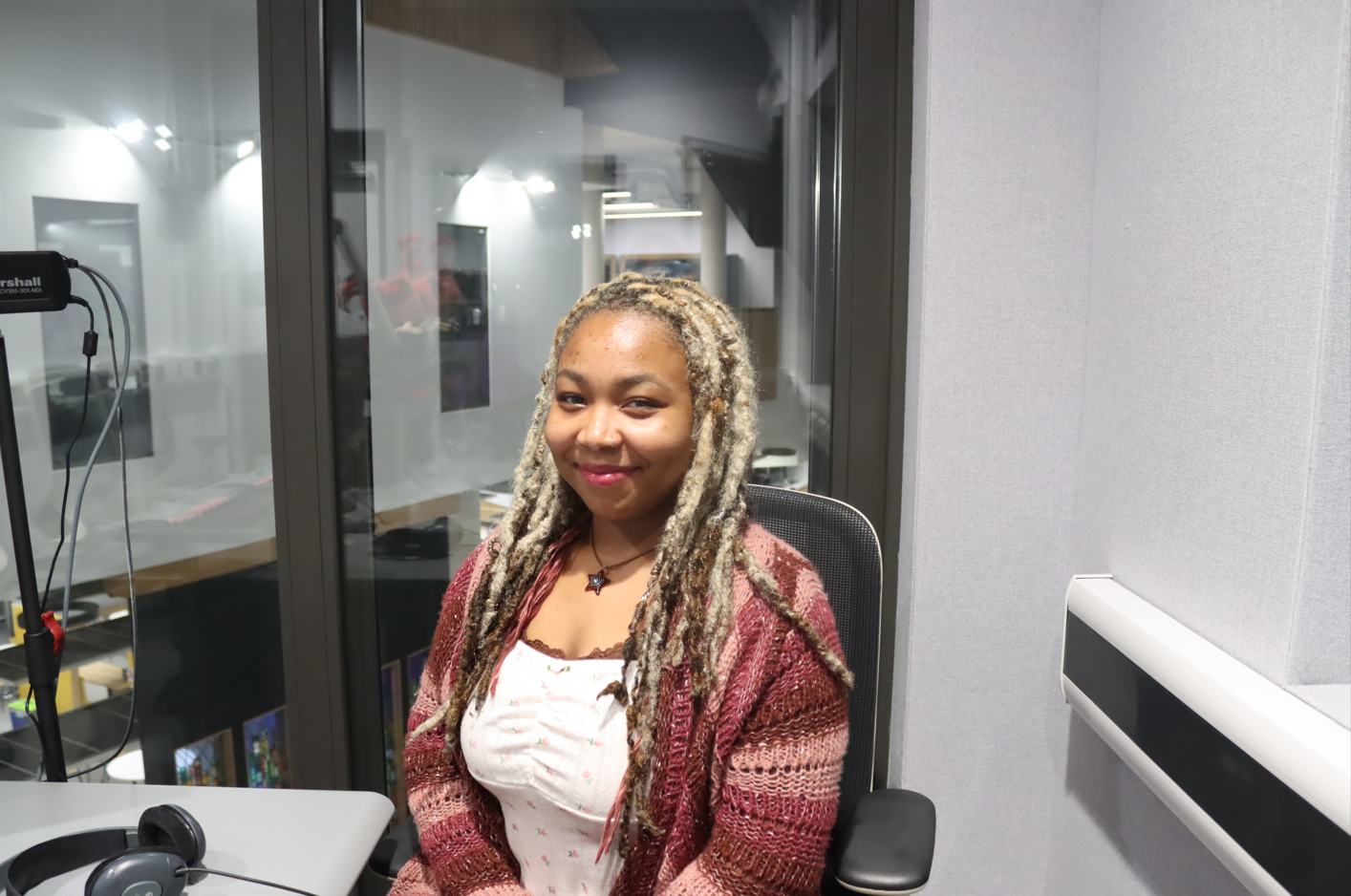A paramedic from West Sussex says a lack of training by universities in maternity care is leaving them dreading call-outs to help pregnant patients.
Beth, 28, has been qualified for two years after studying paramedic science at Brighton University but says the maternity aspect of her course was extremely limited and, as at many other institutions, just dealt with ‘normal’ births.
Beth said: “It’s one day of PowerPoint-heavy training for maternity at universities, and that’s it.”
In a year the London Ambulance Service, alone, will receive around 13,000 calls from pregnant patients.
Another paramedic, who wishes to remain anonymous said: “We are not trained enough for these situations. These are the jobs we dread.
The 25-year-old paramedic from the West Midlands, said: “Currently it’s midwives delivering the training to future paramedics who have not spent one day on an ambulance.
“We go [to calls] calm on the outside, nervous on the inside.”
Beth’s first maternity call came after six months as a qualified paramedic. She said: “I was terrified of going to maternity jobs, because I felt I didn’t know what I was doing.”
She relied on an official app called JRCALC – a database of information in order to prepare paramedics for call-outs – and her experienced colleague.

In most cases ambulances are called because the babies are arriving quickly and mums are rushed to hospital in the ambulance.
Beth said: “It’s called the ‘maternity taxi’, when the baby comes out quickly and all we do is take them to hospital, which is fine because everything is okay, but there are a small number of births that go horribly wrong.”
Within a five-week-period Beth delivered three babies ‘on the road’, one of which had a doula present – a non-medical professional who is there for emotional and physical support throughout pregnancy, labour, birth and afterwards.
The doula and mother had said they only wanted women in the room, excluding what Beth said was an estimated “combined 60 years of experience in the ambulance service” waiting outside.
Beth had to manage the birth alone and, despite the doula advocating well for the mum, it led to her signing up for a PROMPT (PRactical Obstetric Multi-Professional Training) course in order to build confidence.
There are various difficulties which can occur in pregnancy and lead to a 999 call. These include preeclampsia, haemorrhaging and ectopic pregnancies.
Beth said newly-qualified paramedics are training in dealing with some of these issues, but not others.
Ambulances have maternity kits with tools such as forceps, scissors to cut the umbilical cord and various towels and sanitary items, but Beth said she had not been through this until her first call six months qualifying.
The kit also includes a ‘Lilly Pocket’ which is a small knitted blanket for warming premature babies under 20 weeks.
Beth said premature babies who have passed away, “historically were put in tissues or, God forbid, a bin bag or something horrific like that, but now will go in the Lily pocket”
Niamh, a paramedic science student from Sheffield Hallam said: “I went to a 25 week pregnant woman with twins, whose contractions were one minute apart,
“We were worried because we didn’t have enough kit for three patients, we would have to call for back-up.”
Beth said: “trusts are doing more than the universities, like the Lily pockets and maternity kits being standardised.”
“The training just needs improving as it just needs to be more relatable to pre-hospital environments,” said the West Midlands paramedic.




